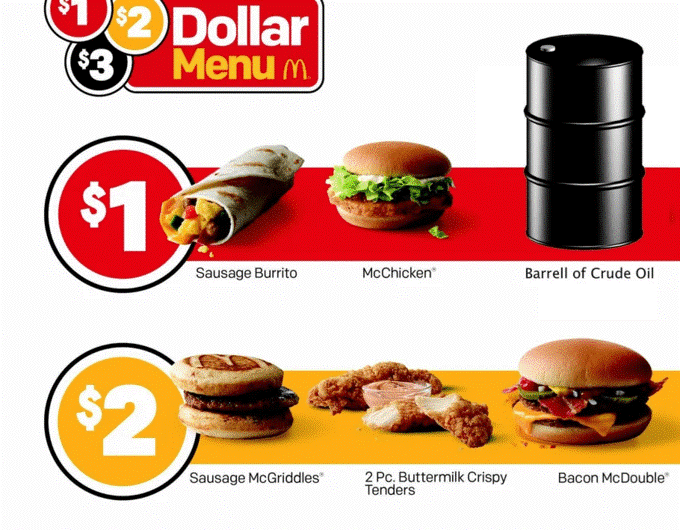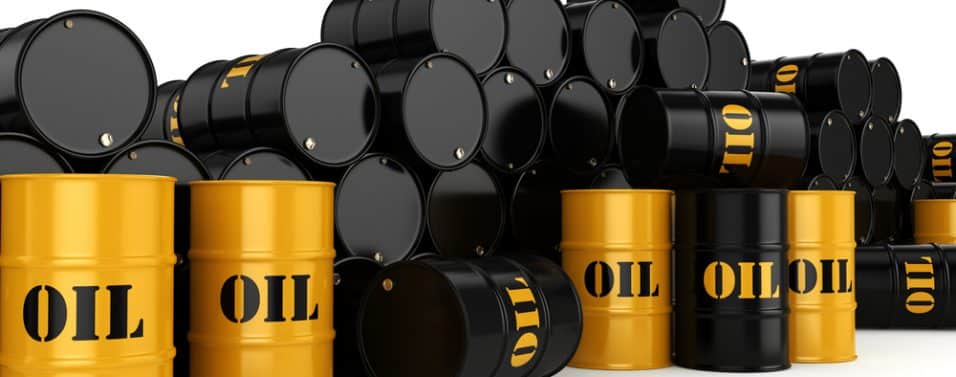By Pauline Destrée
- Part 1. Rupture: predictions, revelations and the ‘New Normal’
- Part 2. Overcapacity: an energy crisis you’ve never heard of
- Part 3. Resilience: Living in crisis
- Part 4. Repair: energy transitions and the futures of crisis
The global pandemic we are currently living through has plunged us in a state of unprecedented crisis. From the way we live our lives, carry out our work, care for our loved ones, the fundamental structures of our society and our economy have been shattered to the core. This is a crisis on a number of fronts: healthcare (and mental health), most obviously, but also education, energy, and the economy.[1] As an “energy crisis”, Covid-19 is a moment of profound rupture with prevailing discourses and practices around energy use and production. In this series of posts, I take a closer look at energy crises around the world and what they reveal about the way we plan, predict and imagine energy.
Since the WHO declared Covid-19 a global pandemic, oil prices have been crashing to unprecedented levels, with West Texas Intermediate (WTI) turning negative for the first in history in April this year following the expiration of futures’ contracts. With energy demand declining an average 25% (IEA 2020)[2], mostly due to reduced travel and transportation, global oil demand has reduced by up to 30 million barrels a day (almost a third of average daily demand). Who could have forecast that one day a barrel of oil would cost less (way less) than a roll of toilet paper? Some might say we finally got our priorities right. What is interesting about the current moment is just how wrong predictions can turn out to be, and how uncertain the normality we take for granted really is. This is both a blessing and a warning: the way we use, need and produce energy is far from fixed and inevitable, and it will demand constant reinvention – for better or for worse.
For the past decade, analysts, scientists and policymakers have tried to find solutions for the ‘looming global energy crisis’.[3] The global energy crisis as we have understood it in the 21st century is one of rising energy demand in a context of finite and depleting resources and unprecedented environmental change. The challenge they debated was how to provide enough (and fairly) for the growing energy needs of a globalizing world, whilst mitigating and dramatically reducing our impact on the environment – and its consequences on human and non-human life.
But in the midst of the Covid-19 pandemic, as energy demand dropped dramatically with lockdown measures and travel restrictions in place in cities around the world, the crisis for some energy producers shifted. The crisis facing the oil and gas industry is one of wasteful abundance: too much oil, not enough space to keep it, and no one to burn it.[4] Moments of crisis expose the bonds and linkages between institutions, countries, and industries. This is a crisis for the industry, but it is also a crisis in the ethical and representational models we hold of energy: the assumptions we hold for granted, the possibilities that seem foreclosed, the divergent and diverse futures we may imagine.
Despite the uncertainty that it brings, a crisis is always a moment of revelation; it is what Foucault described in his definition of the “event” as “a breach of self-evidence”, exposing the assumptions and the myths that make up the “normal” infrastructure of our everyday. Peeking through this breach, we may discern the contours of new horizons.
As an anthropologist working with oil workers, one such assumption I have repeatedly heard is the discourse of “inevitability” that – until now – has pervaded the industry. “If there’s no oil, there’s no world”, as one of my interlocutors once put it. Oil is a “necessary evil”, as they said: we depend on hydrocarbons for pretty much everything that constitutes our “normal”, from the clothes and cosmetics we wear to the fuel used to transport food and goods around the world. This inevitability of oil implies and denounces a global complicity, as our dependence on oil necessarily implicates us – whether we want it or not – in the fate of the industry.
But right now, this “inevitability” and “dependence” are being put into question, as people and businesses have found ways to keep on living, working and interacting with much less energy. Already, new predictions are cast about the future of work and travel in a decarbonising world.[5] As we discuss and imagine what the “New Normal” may be, we are revising the possibilities of a “New Energy” world: one where oil may be traded for a burger, with oil companies struggling for breath and airports shutting terminals. In crisis, the wildest dreams and nightmares have already happened; “inevitabilities” are all but evident, and possibilities are forever altered.

[1] https://www.undp.org/content/undp/en/home/covid-19-pandemic-response/socio-economic-impact-of-covid-19.html
[2] https://www.iea.org/reports/global-energy-review-2020
[3] https://www.ft.com/content/b3630dd0-58b5-11dd-a093-000077b07658
[4] https://theconversation.com/explainer-whatever-happened-to-the-threat-of-peak-oil-22551
[5] See : https://www.theguardian.com/commentisfree/2020/apr/09/flights-are-grounded-is-this-the-moment-we-give-up-our-addiction-to-flying; https://theconversation.com/oil-price-futures-markets-warn-it-wont-recover-after-coronavirus-137556; https://www.ft.com/content/99fc40be-83aa-11ea-b872-8db45d5f6714; https://www.theguardian.com/business/2020/apr/30/covid-19-crisis-demand-fossil-fuels-iea-renewable-electricity





